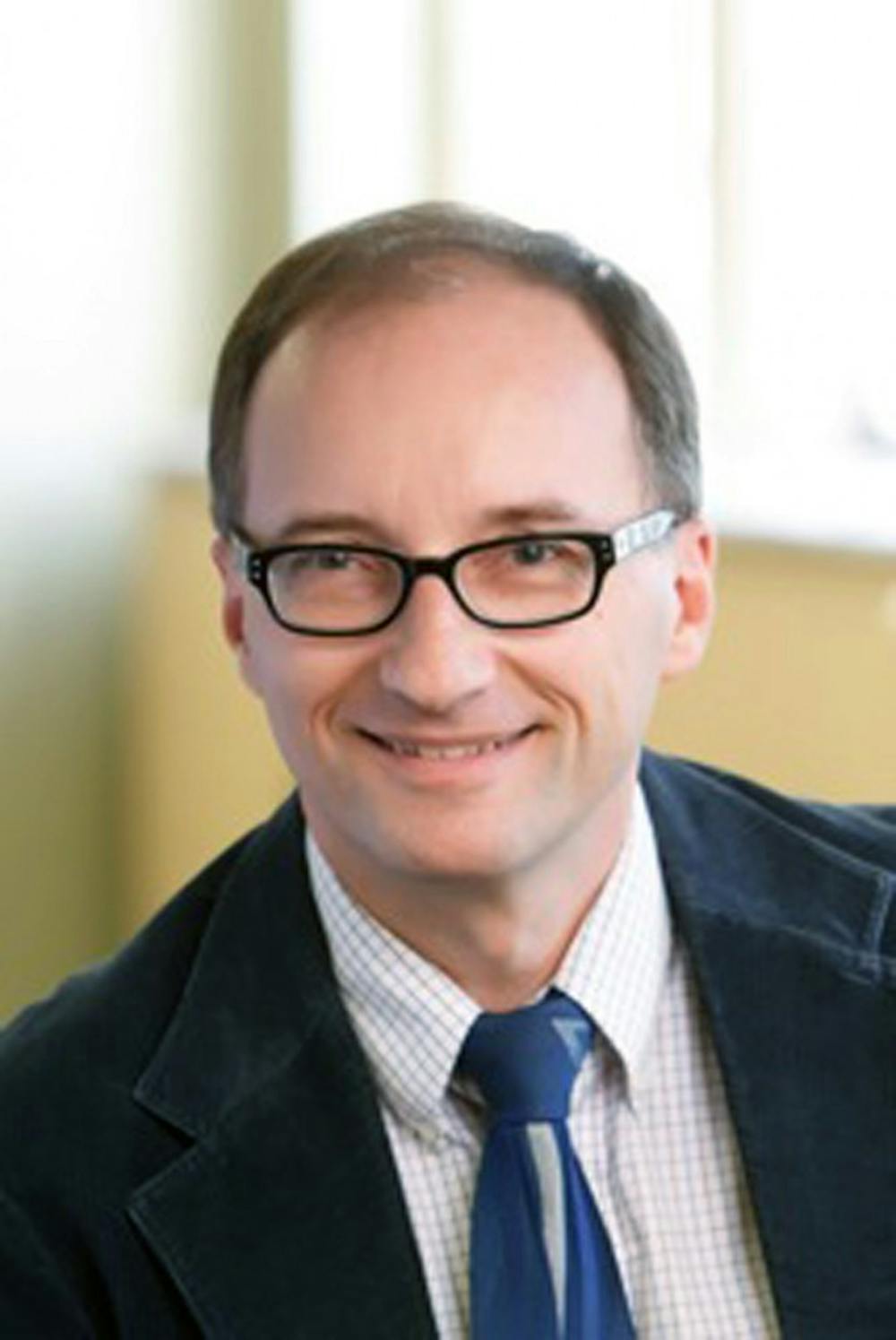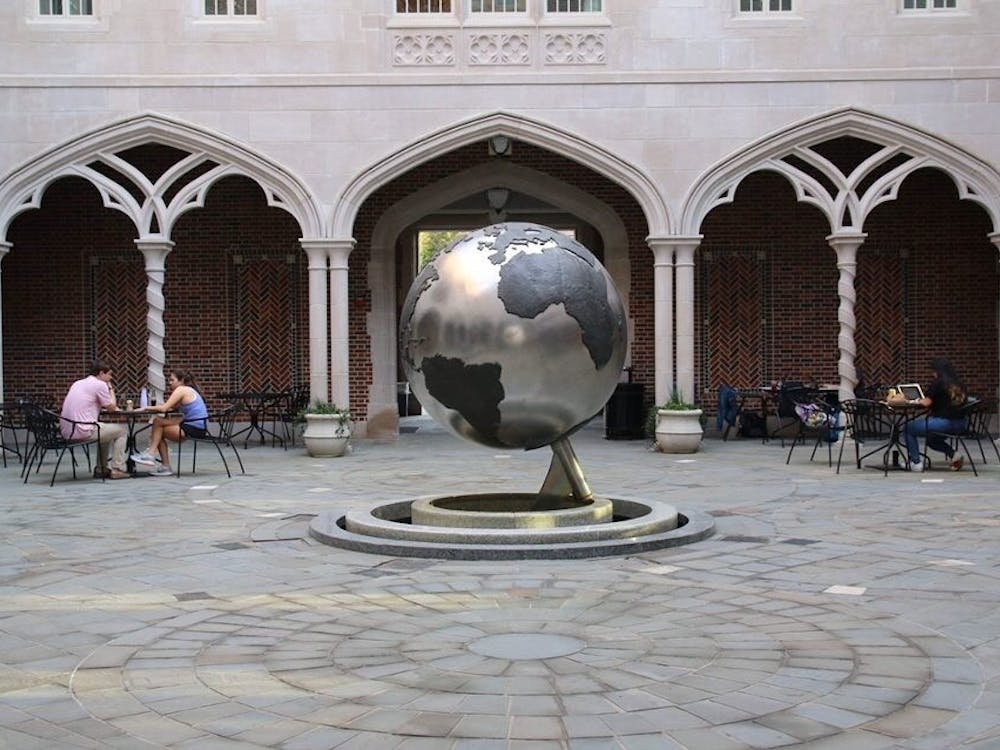Psychology professor Scott Allison was quoted as an expert on heroes in two Los Angeles Times articles about the Lance Armstrong scandal this January. Allison conducts research on heroes and has co-written a book, "Heroes: What They Do and Why We Need Them," with leadership studies professor George Goethals.
University of Richmond staff members work with a public relations firm, The Hodge's Partnership, Allison said, to promote professors who have published books and to field media requests. Hodge's provides a supplement to Richmond's on-campus public relations professionals, said Linda Evans, assistant director of media and public relations. The firm helps to give the university visibility, Allison said.
The Hodge's Partnership contacted Allison and told him that the L.A. Times was looking for an expert on heroes "because Lance Armstrong is about to confess to Oprah all his sins," he said. For Allison to be contacted by the mainstream media means "that he is recognized as one of the foremost experts on heroes," Evans said.
In the Jan. 19 article, Allison was quoted saying "'When heroes misbehave, I think we see it as a breach of contract.'" People place their heroes on a pedestal, Allison said, and then expect impeccable behavior in return. If heroes then break that contract by proving to be not all they had promised, as Armstrong has done, then we no longer think as highly of them, he said.
Armstrong was lying throughout the height of his career and now that that has come to light, people are angry and feel betrayed, because heroes should not lie, Allison said.
There is a blend between people acting or behaving in heroic ways and of other people looking for those heroic qualities that make someone a hero to us, said Torrie Williams, a senior psychology major and one of Allison's students who is conducting research on heroes.
Williams is doing research on what motivates people to see heroes, specifically in emergency situations, she said. Part of what makes professional athletes heroes to us is their almost super-human strength, Williams said. They are capable of doing things we would never be able to do, she said.
The Tall Poppy Phenomenon explains the psychology behind why we are inclined to bring down those who are more successful than we are, Allison said. In a field of poppies that are all the same height, if there is one poppy that stands above the rest, we have the desire to cut that one down, Allison said.
"We like an even playing field," he said of why people will bring down heroes. People either love heroes, Allison said, "or we envy them and hate them."
We make our heroes suffer when they mess up, Allison said, but we eventually forgive them. Our society is one that believes in redemption and forgiveness, he said.
Allison referred to Tiger Woods as a sports hero who has recently messed up and has been made to suffer for his actions, both in his golfing career and as a public figure. Woods is slowly recovering and beginning to do well on the golf course again, Allison said, but it took many months for that to happen.
If Armstrong now behaves well and suffers for his sins, we may place him back on a pedestal, Allison said. Since his cycling career is over, though, this redemption may not be as easy to attain.
Enjoy what you're reading?
Signup for our newsletter
Over the years, Allison has been quoted on National Public Radio, in USA Today, the New York Times and other major media outlets, he said. "The media find sources for articles by searching the web," Evans said, "and finding websites that have faculty expert biographies," such as Richmond's website.
Allison researches heroes and traces hero journeys, he said. "They all tend to reveal the same aspects of human nature," Allison said of studying different types of heroes and their journeys. Allison and Goethals have another book, "Heroic Leadership," coming out this year, he said.
Contact staff writer Maggie Burch at maggie.burch@richmond.edu
Support independent student media
You can make a tax-deductible donation by clicking the button below, which takes you to our secure PayPal account. The page is set up to receive contributions in whatever amount you designate. We look forward to using the money we raise to further our mission of providing honest and accurate information to students, faculty, staff, alumni and others in the general public.
Donate Now



